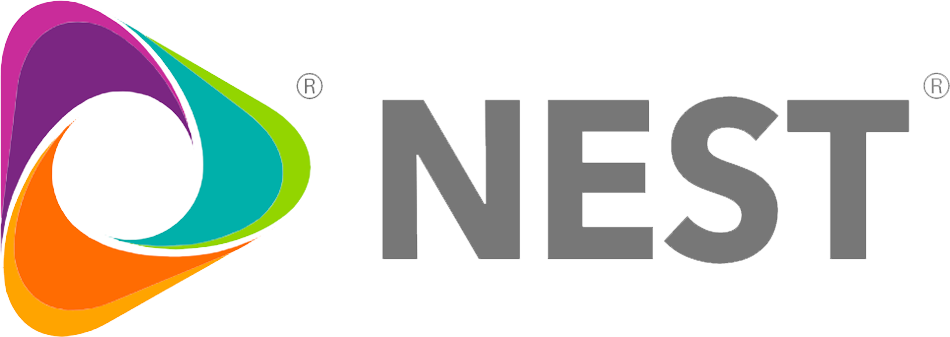Sustainability is a term that’s being used with increasing frequency across a number of different industries and business sectors, and it’s a trend that shows no signs of slowing down. Though it may seem like a mere buzzword, sustainability is a concept that’s being discussed in both boardrooms and living rooms around the world, as concern for the environment evolves from a niche initiative to a mainstream movement.
Companies seek to reduce their carbon footprint just as much as consumers do, which is why it’s important to consider the impact your operations, including facilities, have on an ecological level. Buildings alone account for 40% of the United States’ greenhouse gas emissions, and that number is projected to grow in the coming years.
Adopting sustainable practices is a wise move for businesses of all stripes but navigating the path to a greener future isn’t always easy. Here are a few ways you can incorporate eco-friendly processes into your integrated facilities management (IFM) program:
Utilize Your Space Efficiently
Whether you’re organizing your sales floor, or the stock room, operations and facilities teams should look for ways to make the best use of available space. Sustainable site planning is typically addressed before a building is constructed when architects and developers can really finetune a building’s layout, but you can still create efficiencies within existing facilities.
The employee break room, for example, can be more efficiently lit by installing motion-detecting LED lights. By only lighting the space when the room is occupied, you’ll reduce your energy consumption, which can have positive effects on the planet and your electricity bill.
Invest in Green Machines
This doesn’t mean you have to run out and buy all new equipment—in fact, getting rid of functional assets in favor of eco-friendly ones would be wasteful. But if your HVAC unit or refrigeration system goes on the fritz for good, consider replacing these pieces of equipment with units that require less energy and produce fewer emissions. With the proliferation of brands like Energy Star®, investing in sustainable equipment has never been easier.
Choose Environmentally Friendly Materials
Because the demand for green products is high, there are plenty of ecologically focused materials and products to choose from. Start small by replacing harsh chemicals with products that use milder concentrations or ingredients. Rather than using bleach, for instance, opt for organic cleaners instead.
In your quest for sustainable products, be wary of “greenwashing,” which occurs when brands misrepresent the environmental impact of their materials. If you’re unsure about whether a particular item is as green as it claims to be, consult the Greenguard Certification Program’s list of sustainable products for more information.
Implementing ecologically responsible products and processes across your facilities is not only good for the Earth, it can be good for your company’s bottom line and its internal operations. Organizations that adopt sustainable practices are already reaping the financial and operational benefits, all while ensuring the health of our planet for future generations.







